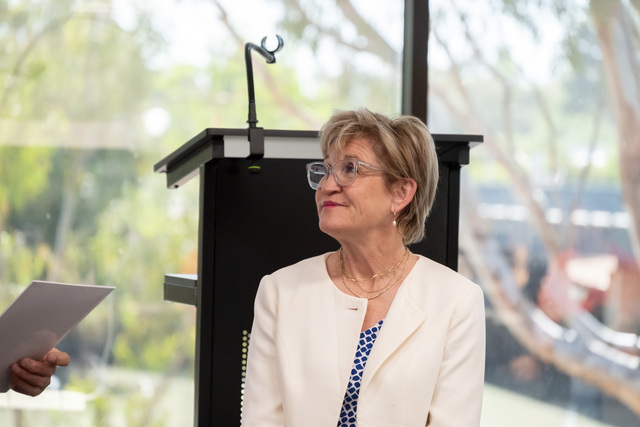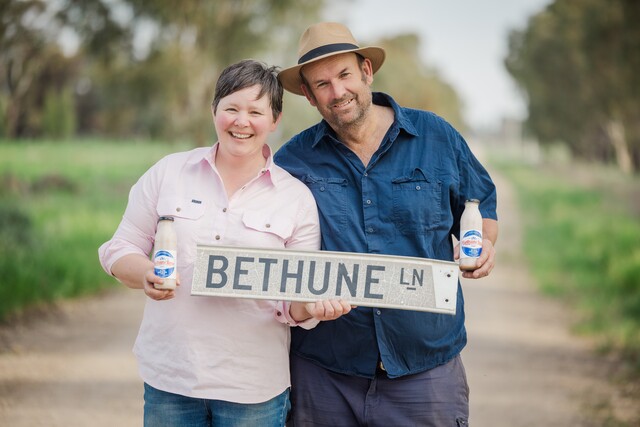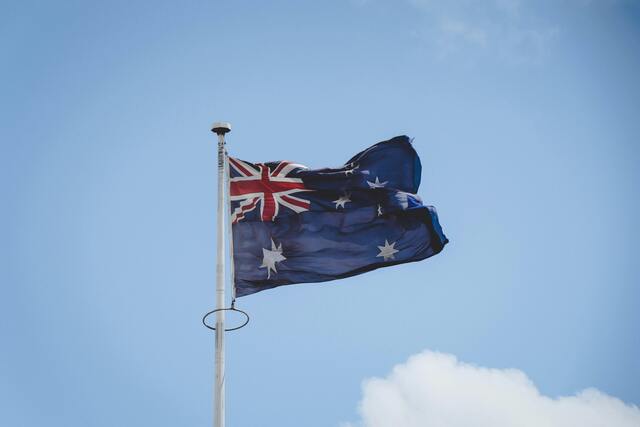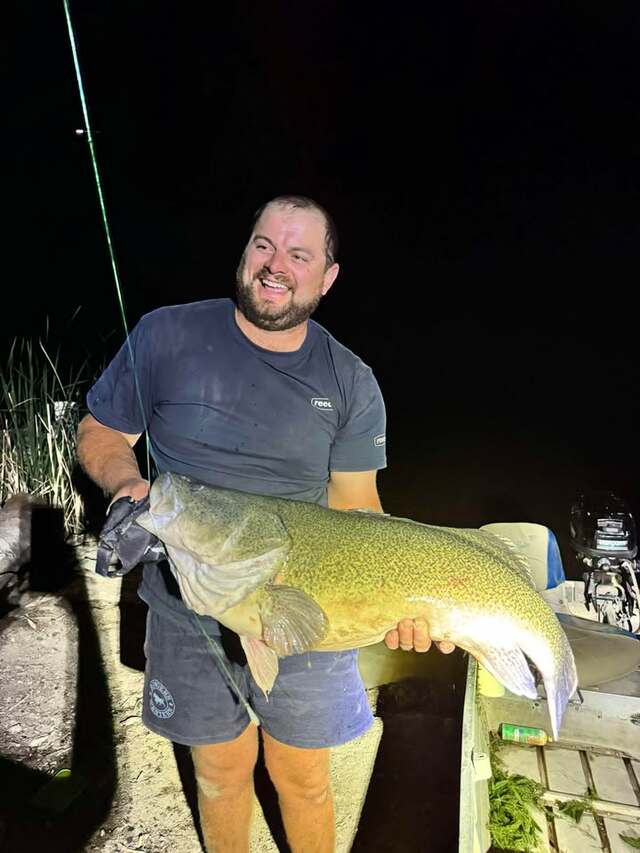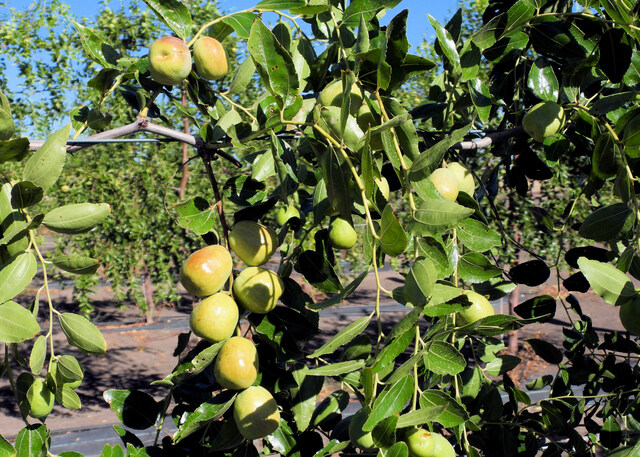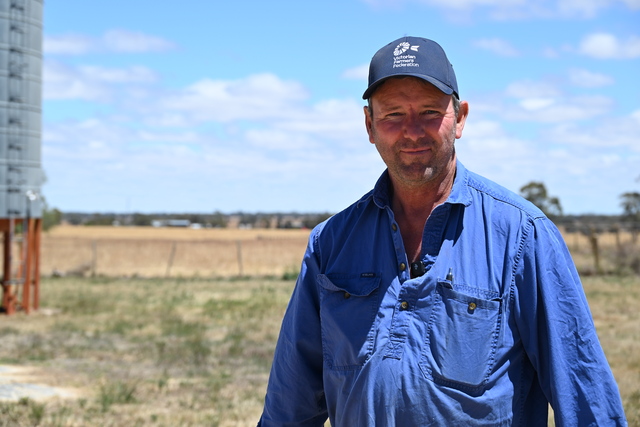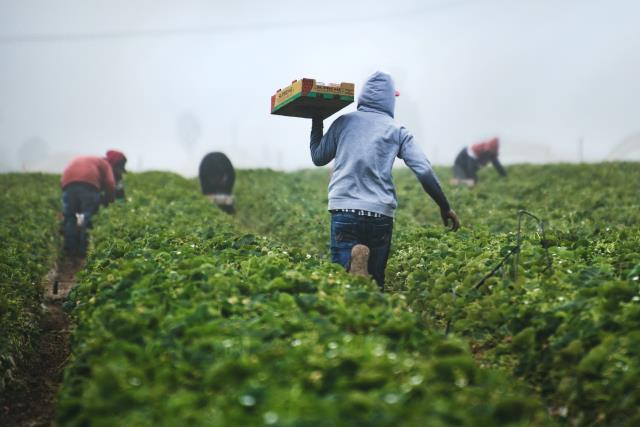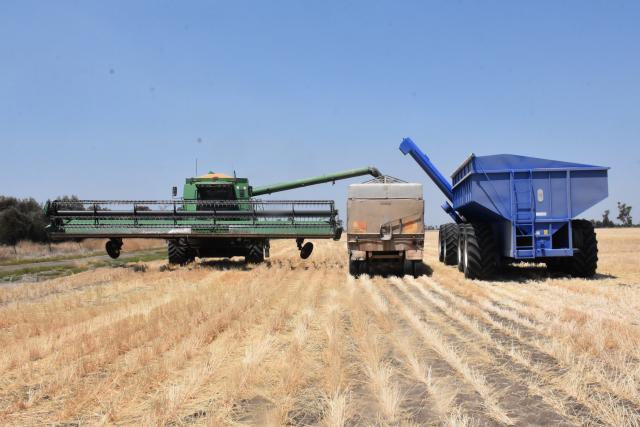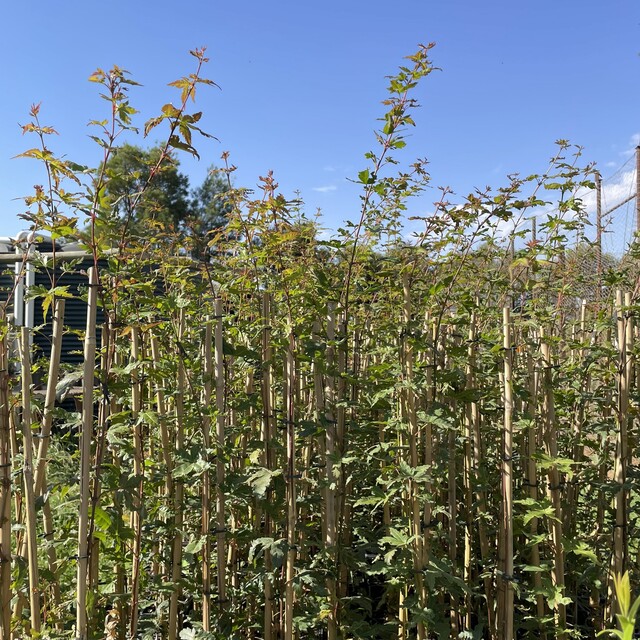Doing what it does best
KEITH Pitt announcing $66 million to upgrade the modelling for the Murray-Darling Basin Plan, that was supposed to deliver a triple bottom line. Environmental, economic and social and so far it has destroyed environments for the farmers in the Goulburn Murray irrigation area and southern NSW area, a total economic disaster, as for social, ask yourself if trading water for profit is socially acceptable.
By now most of the people that voted for the National Party in the past have woken up that the Murray-Darling Basin Plan was specifically designed to make water a commodity to enable it to be traded on the Stock Exchange and it is working perfectly.
So again, the National Party is doing what it does best, wasting the taxpayers’ money.
The first question that everyone in irrigation areas should ask is. What the hell are you going to do with all this supposed environmental water? You won’t get an answer from the politician, so I will save them the embarrassment.
Sell it back to the surviving peasant farmers who used to vote for the National Party at the highest possible price to make profits for their investor mates.
The second question: Why is there a shortage of water? I will be happy to give the answer to anyone who hasn’t worked it out for themselves yet.
Russell Crichton,
Cohuna
Winners against losers
OH, how different we see the reactions from our Canberra bubble when they have the problem, instead of dictating to others who they see as being the problem.
The bureaucracy looks on the severity of the problem in a totally different light, and the weak politicians seeking nothing other than re-election react accordingly.
This week we learn that Canberra’s sewerage treatment plan has released effluent into the Molonglo River, which joins the Murrumbidgee River and feeds numerous regional communities.
If a dairy farmer had released any effluent into the Murrumbidgee (or any other river) there is no doubt the full force of the Environment Protection Authority would have been forced upon him (or her).
But when it’s one Canberra bureaucracy protecting another Canberra bureaucracy, it seems the response is different.
The ACT’s Environment Protection Authority says the discharges are “permitted” under an “environmental authorisation”, despite Canberra University Professor Fiona Dyer stating there was some “potential risk to human health”.
Is it any wonder our farmers and regional communities get fed up with a “one rule for us, another for the rest” bureaucratic philosophy?
Let’s be clear: effluent discharge into our river systems is not okay, even if the ACT EPA claims it is “insignificant”.
In 2015, a CSIRO report revealed that wastewater and sewage leaking into rivers was contributing to algal blooms. Even after treatment, wastewater contains nitrogen and phosphates which are the key ingredients to these blooms.
If farmers allow waste or run-off into the waterways they are prosecuted by the EPA in their state and potentially face serious fines. Yet it seems that in Canberra, it’s ok.
This is the city where I have seen them brag about their sewerage treatment system, yet now we learn through this week’s report that it was completed nearly 50 years ago and is under pressure from a growing population.
Do we get frustrated with the Canberra bureaucracy? You bet we do.
They have forced on our regions a dysfunctional Murray-Darling Basin Plan that we were told was to protect our environment, but in reality is only designed to protect politicians and their precious marginal seats.
They have no consistency in their rules or decisions, other than a consistent bias against anyone who has to be collateral damage for the political agenda that is always the priority.
And here is yet another example. If we were serious about healthy rivers and a healthy environment, our politicians and bureaucrats alike would look at the big picture and give us a Basin Plan that was well thought out, delivered effectively and flexible enough to be changed to suit changing circumstances and the environment.
Instead, we were delivered a plan that focuses on water volumes, not water quality or maximising the use of this resource, whether this is for environmental or productive purposes.
So we are left with a total mess that plays winners against losers, with the latter generally being our food producers because they are the ones in safe electorates (like Farrer), where there is no political willpower to promote solutions that will benefit the nation, rather than the politicians.
Lloyd Polkinghorne,
Deputy chair
Speak Up Campaign


